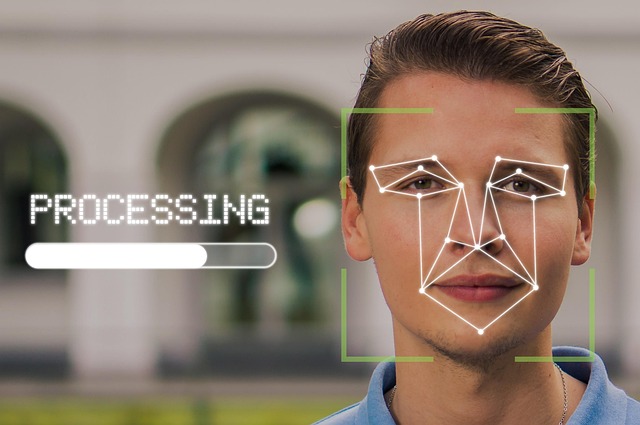In recent years, the realm of sensor technology has witnessed remarkable advancements, paving the way for intelligent recognition systems that significantly enhance our health and well-being. These innovations have not only transformed how we monitor our health but have also empowered individuals to take proactive steps in managing their wellness. With the integration of artificial intelligence and machine learning, sensors are now capable of interpreting complex data sets, providing insights that were once unimaginable.
One of the most profound examples of technological innovations in this field is the development of wearable sensors. Devices like smartwatches and fitness trackers now pack sophisticated sensors capable of intelligent recognition of vital signs. These gadgets can track heart rate, sleep patterns, and physical activity with unparalleled accuracy. By analyzing this data, they allow users to gain a better understanding of their health status and make informed decisions. Imagine a scenario where your watch could alert you to an irregular heartbeat before you even notice—this is the power of intelligent recognition in our hands.
Moreover, intelligent recognition doesn’t stop with personal fitness. It is also making significant strides in healthcare settings. Hospitals and clinics are deploying advanced sensors that monitor patients’ health statuses in real-time, identifying changes as they occur. Imagine a situation where a sensor could detect an infection or a drop in blood oxygen levels and notify medical staff instantly. This capability not only enhances patient care but also streamlines hospital operations, optimizing resource allocation and improving outcomes.
The intersection of health innovations and sensor technology extends beyond monitoring. Intelligent recognition is being used in diagnostic tools that analyze medical images. AI-powered sensors can evaluate X-rays or MRIs with astounding precision, reducing the chances of human error and facilitating early detection of diseases such as cancer. This proactive approach to diagnosis is transforming patient care and elevating standards in medical practices.
Beyond the individual and clinical realms, communities are benefiting from these innovations as well. Public health initiatives are leveraging intelligent recognition to track disease outbreaks through environmental sensors. These tools can monitor air quality, detect pathogens, and alert authorities to potential health hazards, ultimately leading to preemptive measures that safeguard community health.
As we look to the future, the possibilities for intelligent recognition within sensor technology appear limitless. From personalized health apps that adapt to our unique bio-data to infrastructure designed to maintain public health, the integration of these advanced technologies into our daily lives is revolutionizing the concept of health and wellness. This is not just about tracking; it’s about understanding and enhancing human life in meaningful ways.
In a world increasingly driven by data, intelligent recognition has emerged as a key tool for transforming health strategies, empowering individuals, and fostering healthier communities. The journey ahead in the realm of sensor technology promises not only better health outcomes but a deeper connection to our own well-being. With every innovation, we are closer to a future where health is not merely a state to be managed, but a proactive lifestyle to embrace.




